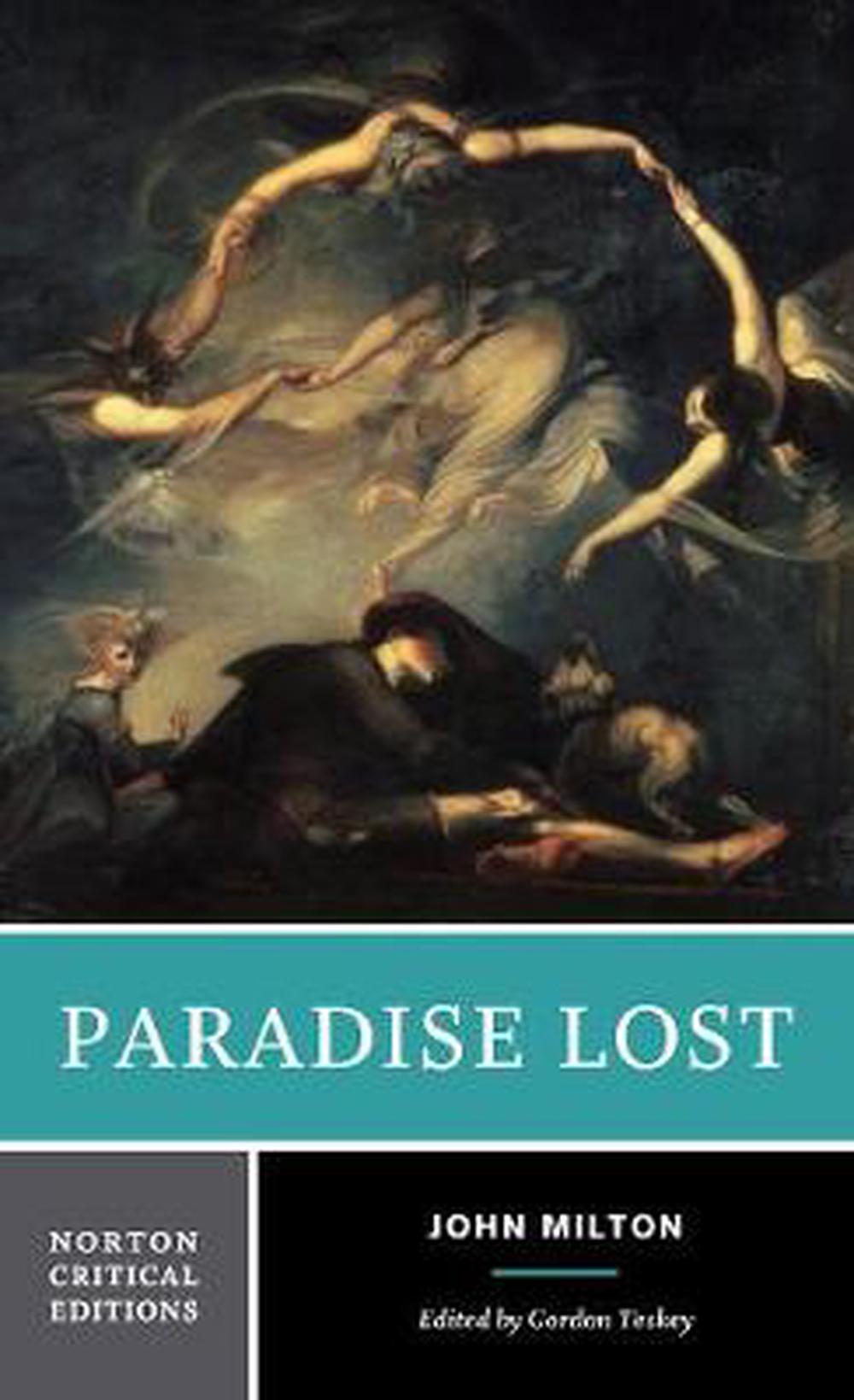
The lake and four of the described rivers contain no water, but liquid fire: "burning lake", "the tossing of these fiery waves", "on the beach / Of that inflamed sea", "four infernal rivers that disgorge / Into the burning lake their baleful streams" (Milton, p.7, p.13, p.17, p.48). Hell's environment shows some similarities to earth, there are plains, hills, rivers and lakes, although they are of a completely different quality than on earth: However, the impression given here is rather the opposite: "on all sides round / As one great furnace flamed, yet from those flames / No light, but rather darkness visible" (Milton, p.10). Two main features of hell are those of darkness and fire: "a place of utter darkness" (Milton, p.7), "fierce heat" (Milton, p.38), "huge convex of fire" (Milton, p.44), "vaulted with fire" (Milton, p.17), which sounds quite paradox, because fire usually is a source of light. The nine days the fall lasts again give an idea of the unimaginable distance: "Nine times the space that measures day and night / To mortal men" (Milton, p.10). Therefore the words "height" and "depth" convey two meanings, a local and a moral one: "into what pit thou seest / From what highth fall'n" (Milton, p.11), "headlong themselves they threw / Down from the verge of heav'n, eternal wrath / Burnt after them to the bottomless pit" (Milton, p.161). This fall, a recurrent motif in "Paradise Lost", takes place in a local or geographic dimension as well as in a moral sense.

According to this arrangement, the direct way from heaven to hell leads downwards, the fastest in a fall. This description suggests that no human being can imagine how far away from heaven hell is. Once a distance is multiplied by three a symbolic number which is recurrently used in "Paradise Lost" (see 2.1.2, 2.2.3). The measures used to describe the distances are of an infinite or at least superlative quality: "unbottomed", "infinite", "lowest", "bottomless", "utmost". It is repeatedly described as being the lowest part of the universe: "the lowest deep" (Milton, p.43), "the bottomless pit" (Milton, p.161), "As far removed from God and light of heav'n / As from the center thrice to th' utmost pole" (Milton, p.11), "deep tract of hell" (Milton, p.9). Milton's hell is placed underneath heaven and earth and "not in the center" (Milton, p.7) (as for example Dante suggested in his "Divine Comedy") with a "dark unbottomed infinite abyss" (Milton, p.43) between them. Main part 1.1 Hell as a place / an outer state 1.1.1 Placement of hell within the universe The following text deals with Milton's description of hell: as a place and as a state, and if Milton's concept of hell does not go beyond the usual ideas of his time. Ihr Gebiet jedoch verkleinert sich, und die Grenze ist fortan klar erkenntlich: Es ist der Tod, eine Grenze, die man nur in einer Richtung überschreiten kann, er ist ohne Hell was explained in detail and used to teach people morals:ĭie Hölle wird in den großen Heilsplan der Menschen eingefügt und wird zu einem bedeutenden Rad im moralischen Triebwerk.

John Milton published his poem "Paradise Lost" in 1667, the century of the Enlightenment and Descartes. Die Hölle greift auf Europa über, wo sich Satan ergeht, als sei er zu Hause.

Jahrhundert steht der Hölle in vieler Hinsicht in nichts nach, man könnte glauben, sie sei eine Zweigniederlassung. Earth became a hell:ĭie Welt zwischen dem 14. The end of the Middle Ages and the beginning of the modern age (14th to 16th century) were characterized by horrible living conditions in Europe: there were famines, wars, a colder climate (cf. Die Todsünde ist ein willentlicher Akt der Verachtung Gottes, wissentlich und mit vollem Einverständ. In die Hölle kommt, wer im Stand der Todsünde stirbt. In order to characterize John Milton's description of hell in "Paradise Lost" it may be of interest to find out what the common European idea of hell was before and during the 17th century.ĭuring the Middle Ages hell was thought to be in the center of the earth, it was a place that could be located geographically and was thought to be inhabitated by sinners: During the centuries this idea has developed and changed (cf. Hell has a long history, even before Christianity the idea of a hell was mentioned in many cultures. 2.1.1 Placement of hell within the universeĢ.1.3 Military / Hierarchical structure (in contrast to heaven)


 0 kommentar(er)
0 kommentar(er)
